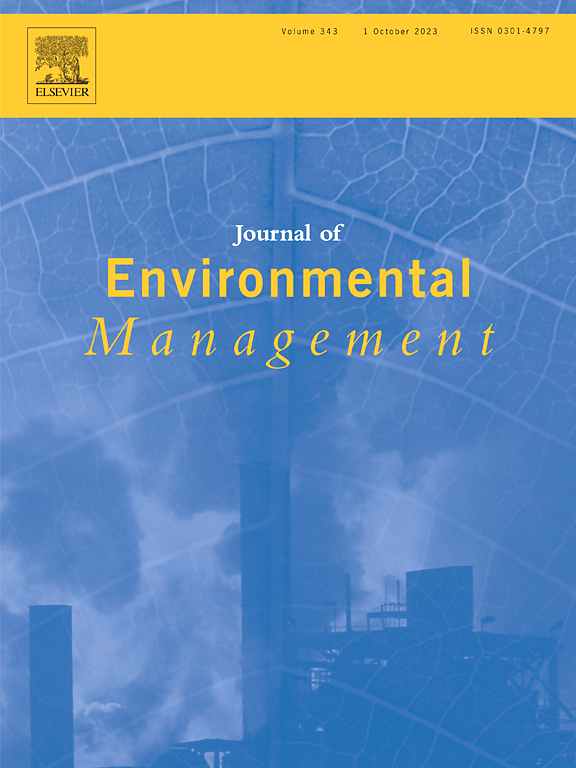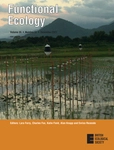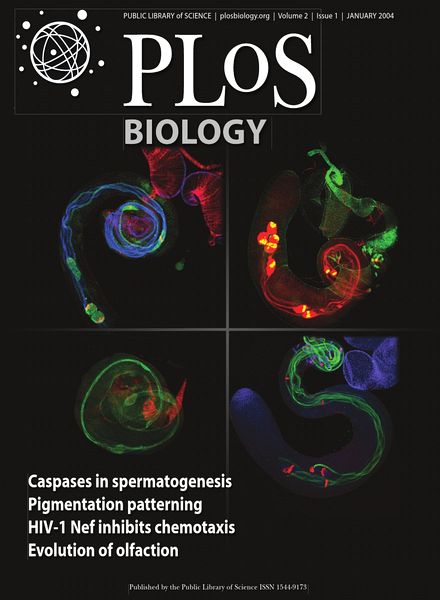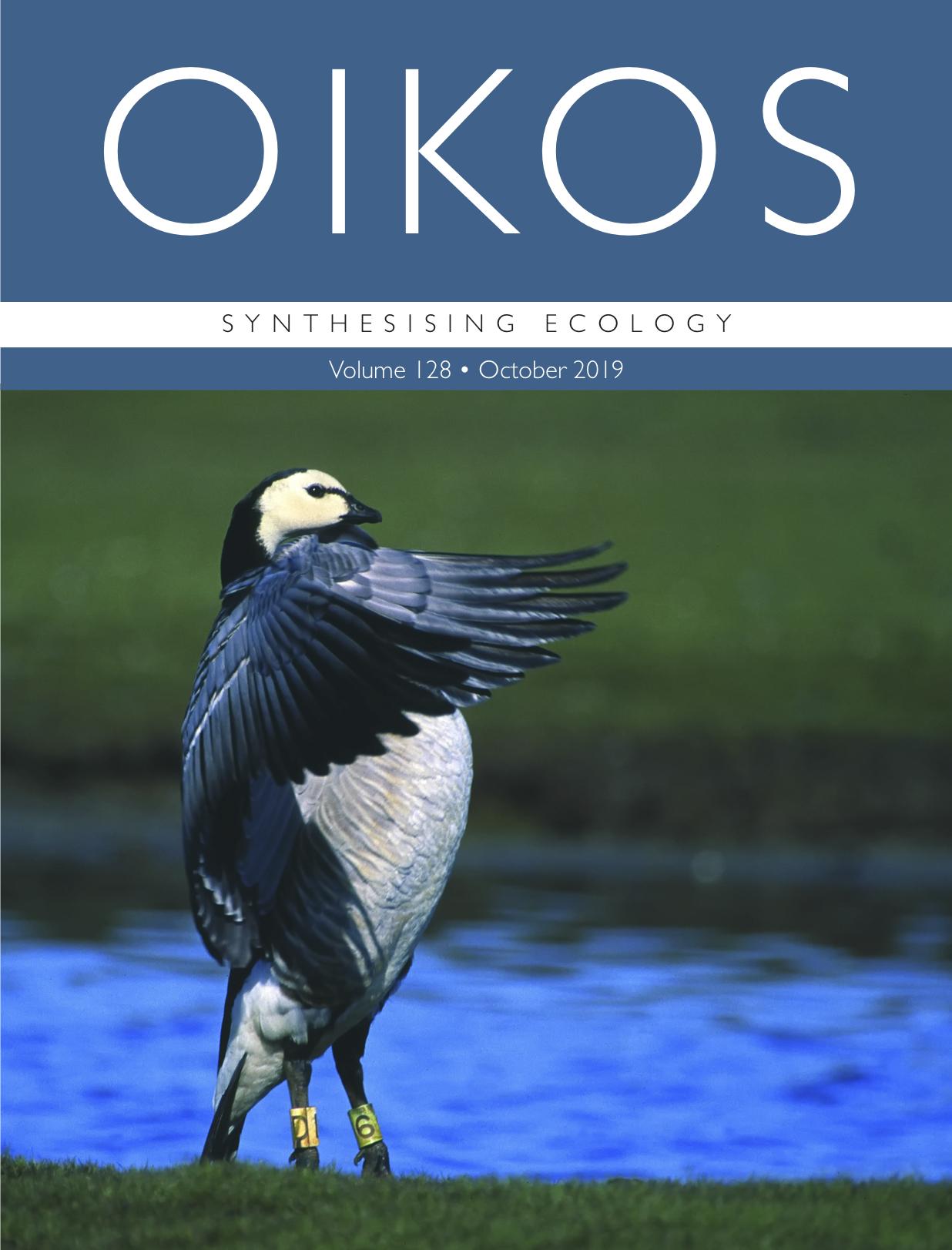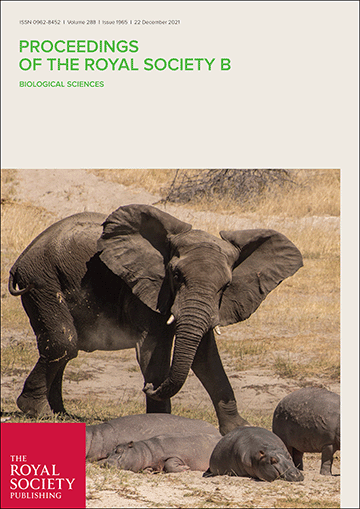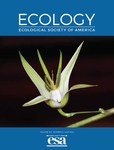Does Perceived Nuisance Abundance of Water Plants Match with Willingness-to-Pay for Removal? Contrasts Among Different User Categories
Evidence for a by-product mutualism in a group hunter depends on prey movement state
Why do animals hunt in groups? The authors have shown in a field study in the ocean off Mexico: the faster the prey school moves, the higher the capture rate of the striped marlin. This is because if the prey school is moving fast, individual prey fish are more likely to become isolated. These isolated fish are then easily caught by the non-attacking marlins, an advantage of group hunting.

Stable isotope tempestology of tropical cyclones across the North Atlantic and Eastern Pacific Ocean basins
Excess mortality of infected ectotherms induced by warming depends on pathogen kingdom and evolutionary history
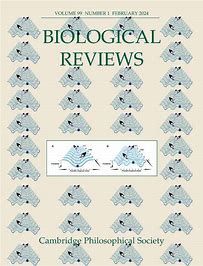
Taming the terminological tempest in invasion science

Non-Native, Non-Naturalised Plants Suffer Less Herbivory Than Native Plants Across European Botanical Gardens

Effective governance of marine recreational fisheries in Europe is needed to maximize the societal benefits of its fisheries
Looking beyond Popper: how philosophy can be relevant to ecology
Rapid growth and the evolution of complete metamorphosis in insects
Insects undergo complete metamorphosis, rebuilding their bodies, such as the transition from caterpillar to chrysalis to butterfly. The authors wondered why this extreme lifestyle might have evolved. Combining growth data and mathematical modelling, they found that insects grow much faster if they can grow and build the adult body in two separate stages, rather than doing both continuously.
Eco-phenotypic feedback loops differ in multistressor environments
The authors investigated how density-trait feedback loops of two ciliate species differed along a temperature and salinity gradient. They found that stressful environments decouple the density-trait feedback loop of two ciliate species.


